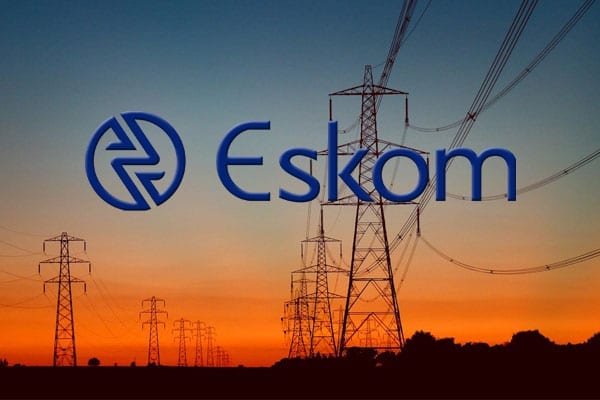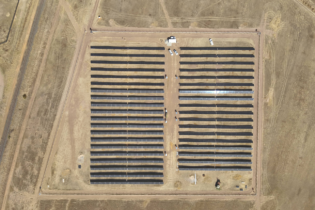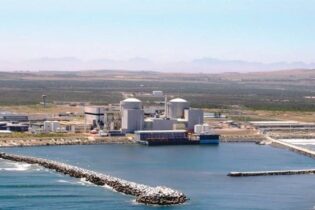 Preferred bidders who have outstanding renewable power purchase agreements with Eskom are entitled to approach a court to enforce the power utility’s signature on the agreement. This is according to senior counsel at South African law firm Webber Wenztel.
Preferred bidders who have outstanding renewable power purchase agreements with Eskom are entitled to approach a court to enforce the power utility’s signature on the agreement. This is according to senior counsel at South African law firm Webber Wenztel.
“In our opinion Eskom cannot sidestep the binding determination of the minister,” Advocate David Unterhalter, senior counsel at Webber Wentzel said. “They are bound by the ministerial determination, which includes signing the power purchase agreements.”
Eskom came under criticism last year when its board took the decision not to sign any further Independent Power Producer (IPP) agreements after the current round was finalised.
Eskom said there would no longer be a need for new IPPs because the power grid was stable.
Unterhalter explained that as a state-owned company, “Eskom cannot raise the reservation of rights in the RFP (request for proposals) to defeat a claim for substitutionary relief. Nor, can it refuse to conclude a power purchase agreement.”
SAREC seeks legal advice
The South African Renewable Energy Council (SAREC), a representative of thirty seven independent power producers affected by the PPA signature delay, sought legal advice on the power purchase impasse with Eskom.
SAREC’s chair Brenda Martin said the council was pleased that “legal opinion is so very clear in their opinion that Eskom has no such prerogative”.
In September last year, the Presidency said it was supportive of “all the Independent Power Producer Programmes, namely renewable energy, coal and gas and any other determinations made by the Minister of Energy” and that they would remain government policy.
Projects on hold
Currently, the construction of 26 renewable energy plants is on hold due to the delay in signing contracts.
“Eskom’s refusal to sign PPAs (power purchase agreements) despite this due process being concluded has delayed indefinitely the financial closure of these plants meaning construction cannot begin,’ Martin said.
SAREC last week said that it was “in strong opposition to the blatant distortion of facts associated with the cost of renewable power purchases”. The council added that it was “believed that Eskom is, without a doubt, being opportunistic in its attempt to mislead and deceive the public, to serve its bid for nuclear power”.
Foreign investment could be at risk
SAREC said that to date, local and foreign investors have responded very positively to the Renewable Energy Independent Power Producer Procurement Program (REIPPPP), partly because the rules have been clear and applied fairly and consistently.
“The programme has secured nearly R200 billion in new investment. Tampering with the rules at this stage can only damage confidence in both the programme and the country,” the council said.
“SAREC has therefore come out strongly against Eskom’s attempt to bargain down the cost of energy after agreements are already in place, as it is a sure-fire route to destroying investor confidence and sabotaging South Africa’s economic interests,” it added.
The council added that it was calling on Eskom to comply with the law and act in the national interest.
 Preferred bidders who have outstanding renewable power purchase agreements with Eskom are entitled to approach a court to enforce the power utility’s signature on the agreement. This is according to senior counsel at South African law firm Webber Wenztel.
Preferred bidders who have outstanding renewable power purchase agreements with Eskom are entitled to approach a court to enforce the power utility’s signature on the agreement. This is according to senior counsel at South African law firm Webber Wenztel.






